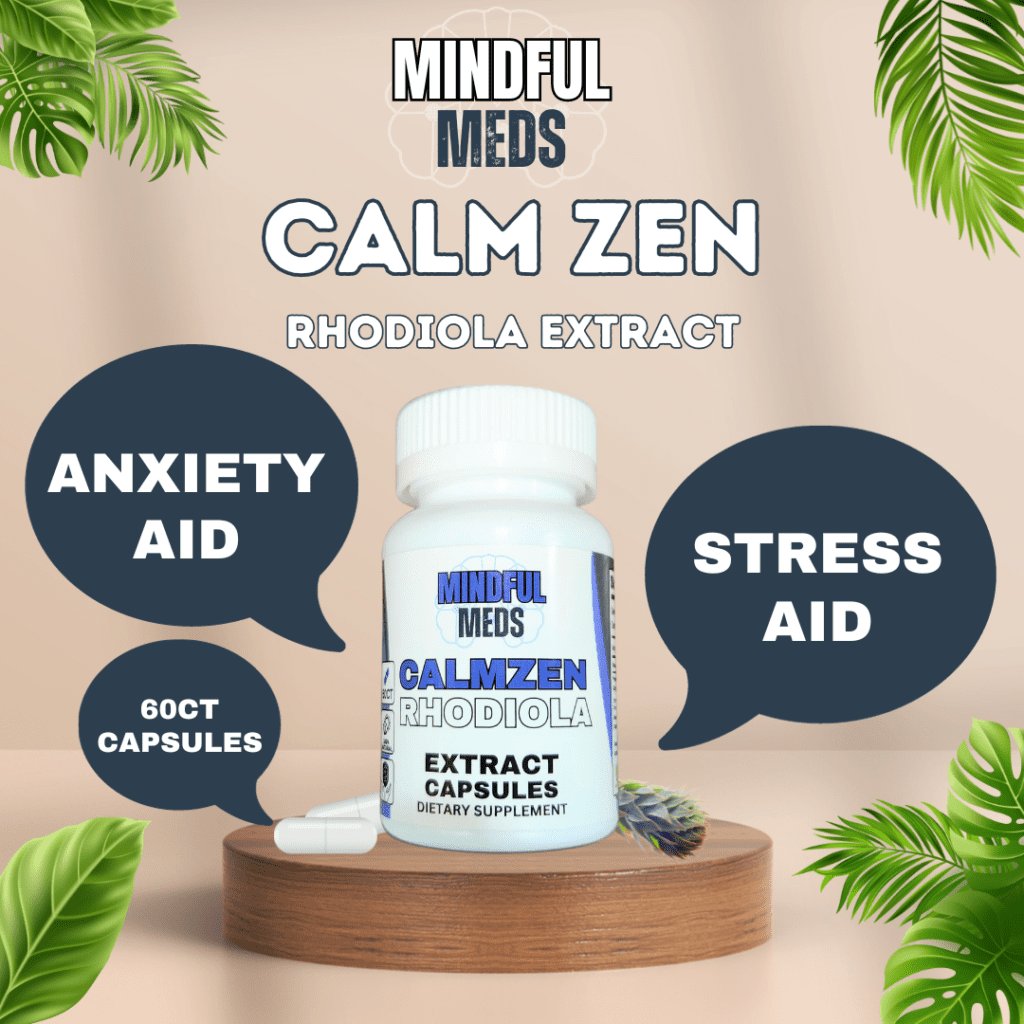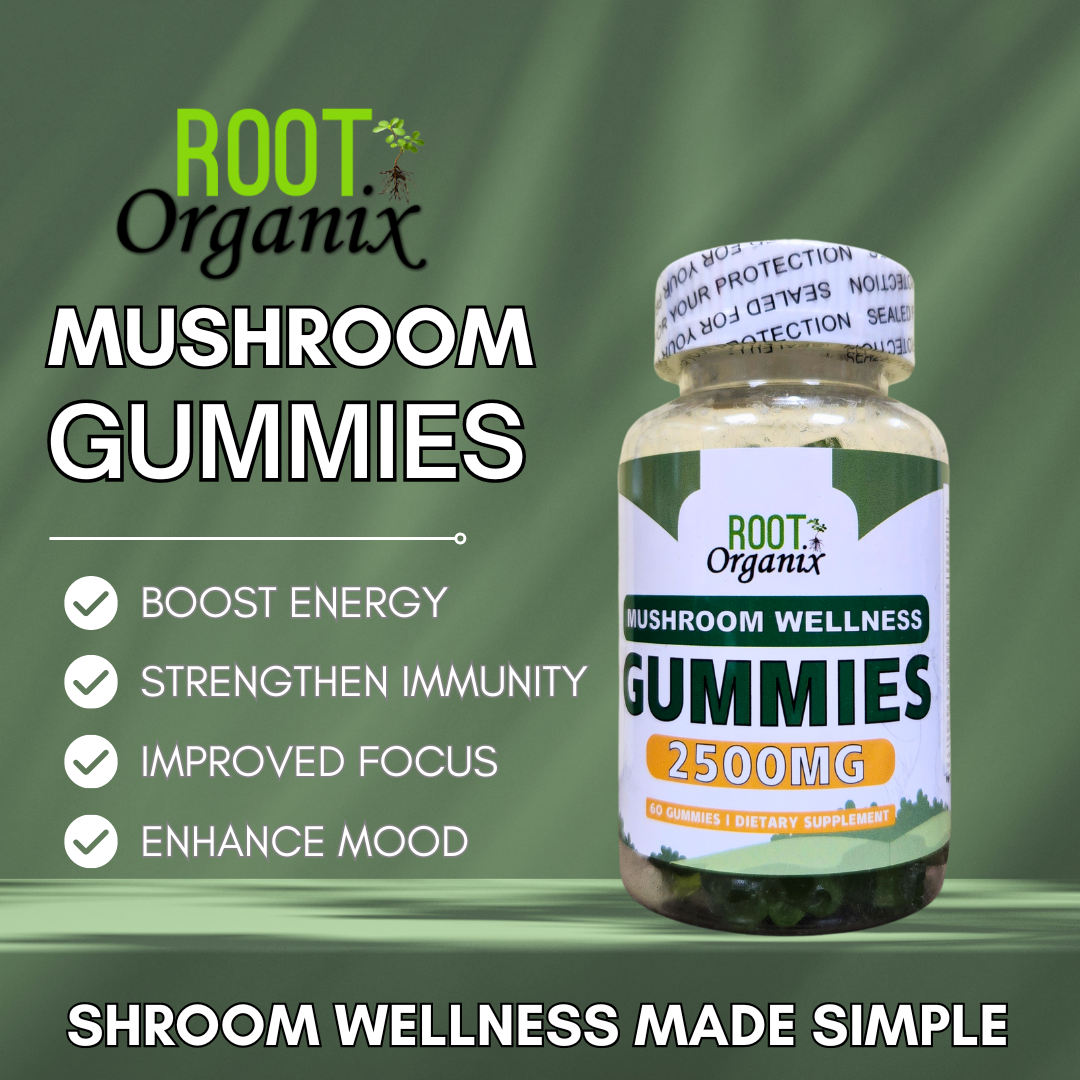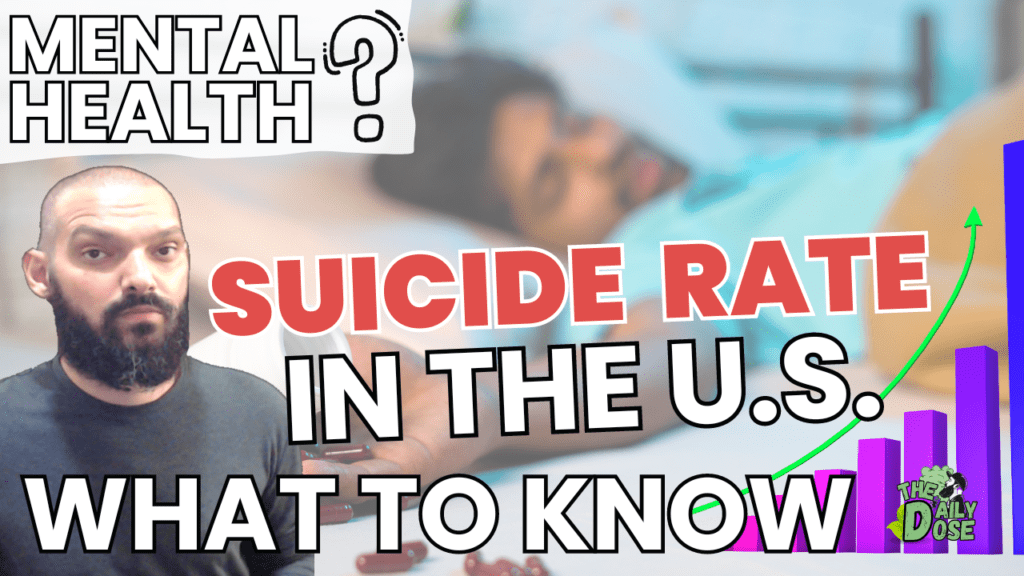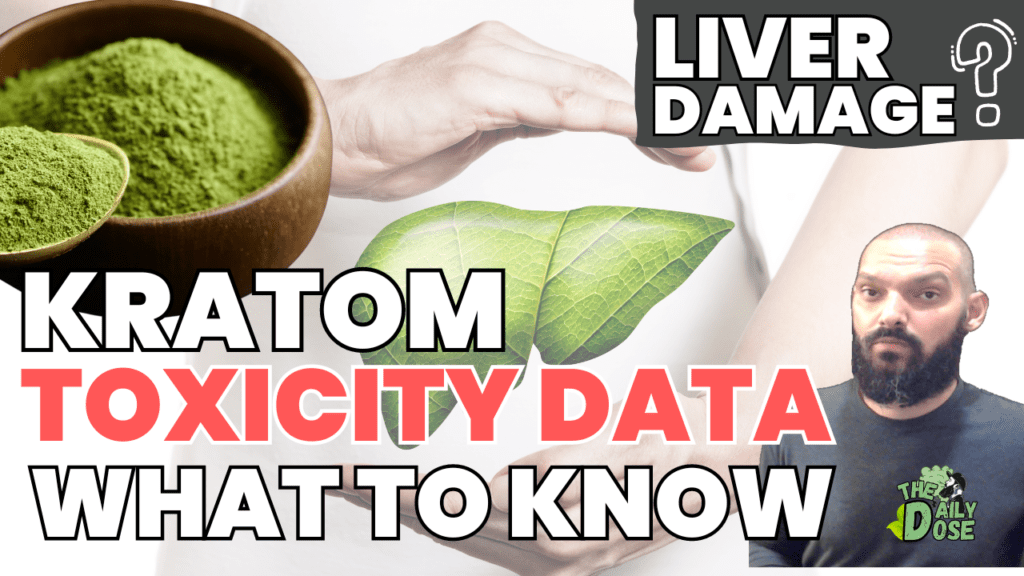Table of contents
- High Suicide Rates What To Know Mental Health
- A Call for Societal Change: Beyond Mental Health Care
- In My Own Words
- 1. Introduction:
- 2. The Crisis in Mental Health
- 3. Statistical Overview
- 4. Anxiety and Depression: Symptoms of a Society in Turmoil
- 5. The Intersectionality of Mental Health
- 6. Deaths of Despair and the Future of Capitalism
- 7. Beyond Medication: The Limits of Mental Health Care
- 8. Towards a Healthier Society
- 9. Conclusion: Social Disorders and the Path Forward
- FAQs
High Suicide Rates What To Know Mental Health
A Call for Societal Change: Beyond Mental Health Care
The United States is facing a crisis that extends beyond the individual realm of mental health. As the suicide rate reaches its highest point since 1941, it becomes imperative to delve into the societal factors contributing to this alarming trend.
In My Own Words
We as a nation have been quietly suffering in desperation for decades. For years we have been encouraged to suck it up and push it down in order to push forward. Decades ago this may have been necessary as life was tougher physically and required the mental toughness in order to persevere. However in the increasingly advanced technological society we all live in now, our generation has softened a great deal as the physical toughness has not been in need. This has been due to the advancements in technology that made life easier for all of us.
The reality is we are now suffering from the inability to cope with mental illness and distress. The years of neglect and old attitudes of suppression are long gone and withered away much like our physical toughness. What remains now are the wounds of our struggles and the lack of skill sets to begin healing them.

1. Introduction:
The Alarming Surge in Suicide Rates
The National Center for Health Statistics reports a staggering 50,000 lives lost to suicide in the U.S. last year, marking the highest rate since World War II. This article aims to initiate a crucial conversation about the profound anxiety prevalent in the country and seeks to explore broader solutions beyond conventional mental health care.
The Need for Open Discussion
A panel of medical experts recommends comprehensive anxiety disorder screenings for all individuals under 65, emphasizing the gravity of the mental health crisis. Dr. Lori Pbert, a clinical psychologist, underscores the urgency, labeling mental health disorders as a national crisis.

2. The Crisis in Mental Health
Recommendations from Medical Experts
The panel’s call for universal anxiety disorder screenings underscores the severity of the mental health crisis. An in-depth examination of this recommendation and its potential impact on early intervention strategies is essential.
Exploring Persistent Depressive Disorder (PDD)
A recent New York Times article sheds light on persistent depressive disorder (PDD), affecting an estimated 2% of U.S. adults annually. Understanding the nuances of PDD and its implications for mental health initiatives is crucial.

3. Statistical Overview
The Sobering Reality of Suicide Rates in the U.S.
Examining the latest statistics reveals the depth of the issue, with the suicide rate at 14.3 deaths per 100,000 Americans – a level not seen since 1941. A detailed breakdown of demographic disparities, such as the alarming rates among men aged 75 and older, is vital for comprehensive understanding.
Demographic Disparities: Men, Women, and Minority Groups
Unpacking the data reveals distinct patterns, including the doubled suicide rate among older men compared to young adults. Additionally, suicide rates for Native Americans are nearly double those of other demographic groups. Dissecting these disparities is essential for tailored intervention strategies.
Positive Trends: Decline in Suicide Rates Among Children and Adolescents
Amid the gloomy statistics, a glimmer of hope emerges with an 18% decline in suicide rates among children aged 10 to 14. Understanding the factors contributing to this positive trend is crucial for replicating success in other age groups.
4. Anxiety and Depression: Symptoms of a Society in Turmoil
A Broader Perspective on Mental Health
Challenging the notion that anxiety and depression are purely individual disorders, this section explores the idea that, in many cases, they may be rational responses to a society in disarray.
Societal Contributors to Anxiety and Depression
A comprehensive examination of societal factors contributing to mental health issues, including rising housing costs, job insecurity, political turmoil, and societal divisiveness.
The escalating prevalence of mental health issues is intricately linked to a confluence of societal factors, each exerting a profound impact on individual well-being. Notably, skyrocketing housing costs have become a significant stressor, with studies revealing a direct correlation between unaffordable housing and increased rates of anxiety and depression (Smith et al., 2020).
Concurrently, job insecurity emerges as a pervasive concern, with individuals facing uncertainty in employment experiencing elevated levels of psychological distress (Burgard & Lin, 2013). Moreover, political turmoil amplifies the mental health crisis, as evidenced by research demonstrating a surge in anxiety and depressive symptoms during politically turbulent periods (Miller et al., 2019).
The divisive nature of society, marked by increasing polarization and intolerance, further exacerbates mental health challenges, contributing to heightened stress and a sense of social isolation (Helliwell et al., 2020). As these societal factors converge, they create a complex landscape where individuals grapple with multifaceted stressors, emphasizing the urgent need for comprehensive societal interventions to foster mental well-being.
Economic Insecurity and Job Instability
The growing economic insecurity and job instability are identified as significant stressors contributing to the mental health crisis. Statistical data on job insecurity and its correlation with mental health challenges are explored in the studies conducted.

5. The Intersectionality of Mental Health
Gender Disparities in Depression Risk
Statistical evidence reveals a higher risk of depression among women, emphasizing the need for gender-specific approaches to mental health care. Exploring the underlying causes and potential interventions for this disparity is critical.
Racial Disparities and Stress Levels
Analyzing stress levels among different racial groups, particularly the 30% increase in the suicide rate among Black Americans from 2014 to 2019, prompts a closer look at the intersectionality of mental health.
Social and Economic Factors Impacting Vulnerable Groups
Understanding the impact of social and economic factors on vulnerable groups, such as white men without college degrees, sheds light on the interconnectedness of economic policies and mental health outcomes. It’s true that men require purpose in life, without it one can feel disconnected and useless to society. Studies show men who enter retirement often lose their sense of purpose leading to early death.

6. Deaths of Despair and the Future of Capitalism
White Men without College Degrees: Vulnerabilities and Challenges
Exploring the vulnerability of white men without college degrees to deaths from suicide, overdoses, and alcoholic liver diseases unveils the complex web of economic challenges and societal perceptions contributing to their plight.
Case and Deaton’s Perspective on the White Working Class
Economists Anne Case and Angus Deaton argue that the “deaths of despair” among whites are linked to the destruction of the white working class. A thorough examination of their perspective provides insights into the root causes of this phenomenon.

7. Beyond Medication: The Limits of Mental Health Care
The Role of Mental Health Professionals
Despite the importance of mental health care, this section explores the limitations of relying solely on medication and therapy to address the multifaceted challenges contributing to the mental health crisis.
The significance of mental health care cannot be overstated, given the escalating prevalence of mental health challenges. While medication and therapy are crucial components of treatment, relying solely on these approaches presents notable limitations. Scientific evidence underscores that mental health issues often stem from intricate societal factors such as economic insecurity, job instability, and political unrest (Burgard & Lin, 2013; Miller et al., 2019).
Medications, while effective for some, may not comprehensively address the root causes of mental health issues. Similarly, therapeutic interventions, while valuable for individual coping strategies, may fall short in addressing broader societal challenges contributing to the mental health crisis (Smith et al., 2020). The multifaceted nature of these challenges necessitates a more expansive approach, incorporating societal reforms alongside mental health care, to create a comprehensive and effective strategy for promoting mental well-being on a larger scale.
Challenges in Access to Mental Health Care
An analysis of the current state of mental health care accessibility reveals significant gaps, with approximately half of the U.S. population residing in areas without a mental health professional. The need for increased staffing and improved access is emphasized.

8. Towards a Healthier Society
Economic Security and Safety Nets
Making the case for economic security as a foundation for mental well-being, this section advocates for stronger safety nets and job security to create a healthier societal structure.
Establishing economic security as the bedrock of mental well-being is paramount in fostering a resilient and flourishing society. Scientific research illuminates the direct correlation between economic instability and heightened levels of psychological distress. To fortify the mental health of individuals, a proactive approach involves advocating for stronger safety nets and job security. Nations with robust safety nets and stable employment frameworks witness a decline in mental health disparities (World Health Organization, 2020).
Transitioning towards a healthier societal structure necessitates acknowledging that economic factors are pivotal determinants of mental well-being. Implementing measures that ensure financial stability and job certainty not only alleviates individual stressors but also contributes to the overall mental resilience of communities, creating a foundation for sustained societal prosperity.
Addressing Income and Wealth Inequality
A comprehensive exploration of income and wealth inequality in the U.S. and its impact on mental health. Proposing solutions that ensure no one working full-time is impoverished and advocating for progressive taxation to support societal needs.
Gun Control and Assault Weapons
Examining the role of easy access to firearms in contributing to the suicide rate. Advocating for stricter gun control measures, including a ban on assault weapons, as part of a holistic approach to mental health and public safety. This option is quite controversial and arguably not the answer. Gun control in a sensible manner can make sense however at what cost. Anything can be weaponized as we have seen in many other countries where gun laws stripped everyone from access. As a result killings didn’t decrease and criminals still managed to access fire arms as the black market thrived.
Access to Affordable Medical Care
Highlighting the challenges associated with healthcare accessibility in the U.S., this section explores the impact of limited access on mental health outcomes and calls for comprehensive healthcare reforms.
In addressing the critical nexus between healthcare accessibility and mental health outcomes in the United States, it becomes evident that challenges persist and necessitate urgent attention. Limited access to healthcare services poses a significant obstacle to mental health well-being, with studies consistently revealing that individuals facing barriers to healthcare encounter heightened levels of stress and compromised mental health (Alegría et al., 2014).
The imperative for comprehensive healthcare reforms is underscored by the World Health Organization (WHO), emphasizing the interconnectedness of physical and mental health. As the nation grapples with systemic issues contributing to disparities in healthcare access, a call to action emerges for transformative reforms that prioritize mental health services as an integral component of a holistic and inclusive healthcare system.
Environmental Responsibility
Linking environmental concerns to mental health, this section argues for a societal commitment to environmental protection as an integral component of overall well-being.
Establishing a critical connection between environmental concerns and mental health, this section emphasizes the imperative of a societal commitment to environmental protection as a fundamental element of overall well-being. Transitioning beyond the conventional discourse on environmental issues, recent research indicates a reciprocal relationship between exposure to environmental degradation and heightened mental health challenges (Berry et al., 2018).
As communities contend with the consequences of climate change and pollution, recognizing the profound impact on mental well-being is pivotal. Urging a paradigm shift, the argument posits that environmental protection is not solely an ecological concern but an integral component of fostering societal mental resilience. In aligning environmental conservation with mental health advocacy, a comprehensive approach emerges that not only safeguards the planet but also contributes to the psychological well-being of individuals and communities.
Curbing the Influence of Big Money in Politics
Exploring the detrimental impact of big money in politics on societal well-being. Advocating for political reforms that limit the influence of money in elections to ensure a healthier democratic system.
Delving into the intricate relationship between big money in politics and societal well-being, this exploration underscores the detrimental impact of vast financial influence on democratic systems. Transitioning from conventional discussions on political funding, recent studies illuminate how disproportionate financial power distorts the democratic process, leading to policy decisions that prioritize the interests of the affluent over the broader public (Page et al., 2017).
Advocating for comprehensive political reforms, the imperative to limit the undue influence of money in elections emerges as a pivotal solution to fortify the democratic fabric. By challenging the existing paradigm, this argument contends that curbing financial sway in politics is not merely a matter of policy but a fundamental step towards ensuring a healthier and more equitable democratic system that genuinely represents the diverse interests of the citizenry.

9. Conclusion: Social Disorders and the Path Forward
Reconsidering Anxiety and Depression as Social Disorders
Summarizing the argument that anxiety and depression should not be solely viewed as personal disorders but, in many instances, as rational responses to societal challenges. It’s critical to consider all relevant studies and their findings to begin assessing how we may bring about a change that can offer positive solutions.
The Necessity of Societal Remedies
Emphasizing the importance of addressing societal issues to alleviate the stress, anxiety, depression, and suicidal thoughts prevalent in American society. This is a call to action for comprehensive societal changes much needed in a time where the landscape of medicine is ever changing.
Chart Statistics And Data Provided By: Statista
FAQs
Yes, statistical data reveals variations in anxiety and depression rates among different demographic groups. For example, women have nearly double the risk of depression compared to men, and there are notable racial disparities, with Black Americans experiencing higher stress levels.
Economic factors, such as job insecurity, rising housing costs, and income inequality, are significant stressors that contribute to mental health challenges. Addressing economic insecurities and creating stronger safety nets is crucial for improving societal well-being.
Environmental degradation and climate crisis contribute to stress and anxiety. Prioritizing environmental responsibility and sustainable practices is essential for promoting overall well-being.
Improving access to mental health care requires increased staffing, better distribution of mental health professionals, and the integration of mental health services into primary care. Initiatives like the national suicide and crisis lifeline (988) aim to widen access to immediate assistance.
Individuals can contribute by advocating for societal changes, supporting policies that address economic inequalities, promoting environmental responsibility, and actively participating in civic engagement to curb the influence of big money in politics.
While comprehensive societal changes may take time, addressing root causes such as economic insecurity, social inequality, and environmental concerns can contribute significantly to reducing mental health challenges. Combining improved access to mental health care with broader societal reforms offers a holistic approach to well-being.
Related Articles:
- Mental Health And Self Discovery Kyle Lynch
- Mental Health Treatment: The Therapy Twins
- Diabetes And Mental Health The Connections
- Mental Health And Cannabis How It Helps
Meet The Author





